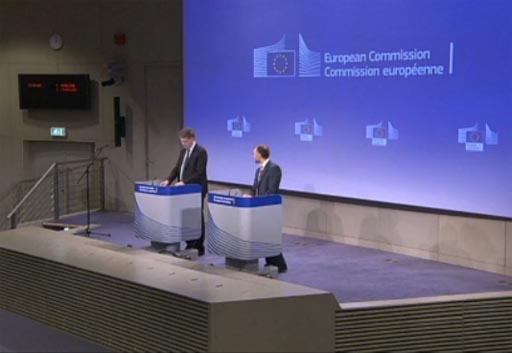What is interesting, though, is that this proposal has been on the table for some years, as a way of increasing the support for the quality end of the industry, and reducing fraud. Marked, single-use bottles, it is felt, will reduce the amount of product adulteration, and thereby up the purchases of higher-grade product.
The Italians were calling for non-refillable bottles in 2009 and two months ago passed the so-called "Mongiello Law" – on which the EU law is modelled – which requires single-use bottles or packs. Meanwhile, the Portuguese industry has been using non refillable bottles in restaurants since 2005, with positive results.
Nevertheless, it is easy for the media to get renta-quotes from up-market Belgravia restaurants, and the statutory eurosceptic, about "EU bureaucrats", but they are missing the mark.
The measure was only proposed by the commission after prolonged lobbying by producer organisations and after evidence of its effect in at least two countries. As to the law itself, it was passed not by EU bureaucrats but by member state officials, acting on instructions from their own governments, working through the mechanism of the food industry Management Committee.
In the committee, the measure was backed by fifteen member states, mainly the Mediterranean olive producers, including Cyprus, Greece, Italy, Spain and France, but also with the support of Ireland and Poland. Britain abstained and opposed were mainly northern states, amongst which were Austria, Denmark, Finland, Germany, the Netherlands and Sweden.
Yet, for all the hyperventilation of the Telegraph Media Group Ltd, it concedes that the Spanish Association of Bars, Cafes and Restaurants has supported this new law. "Now we will be able to guarantee the quality of extra virgin olive oil on the table," said a spokesman – exactly the point made by an embarrassed commission spokesman on Friday, himself insufficiently briefed to tell the full story.
And despite his inadequacy as a spokesman, given the widespread problem of olive oil adulteration which even the loss-making Guardian has noticed, he did have a point.
COMMENT THREAD
